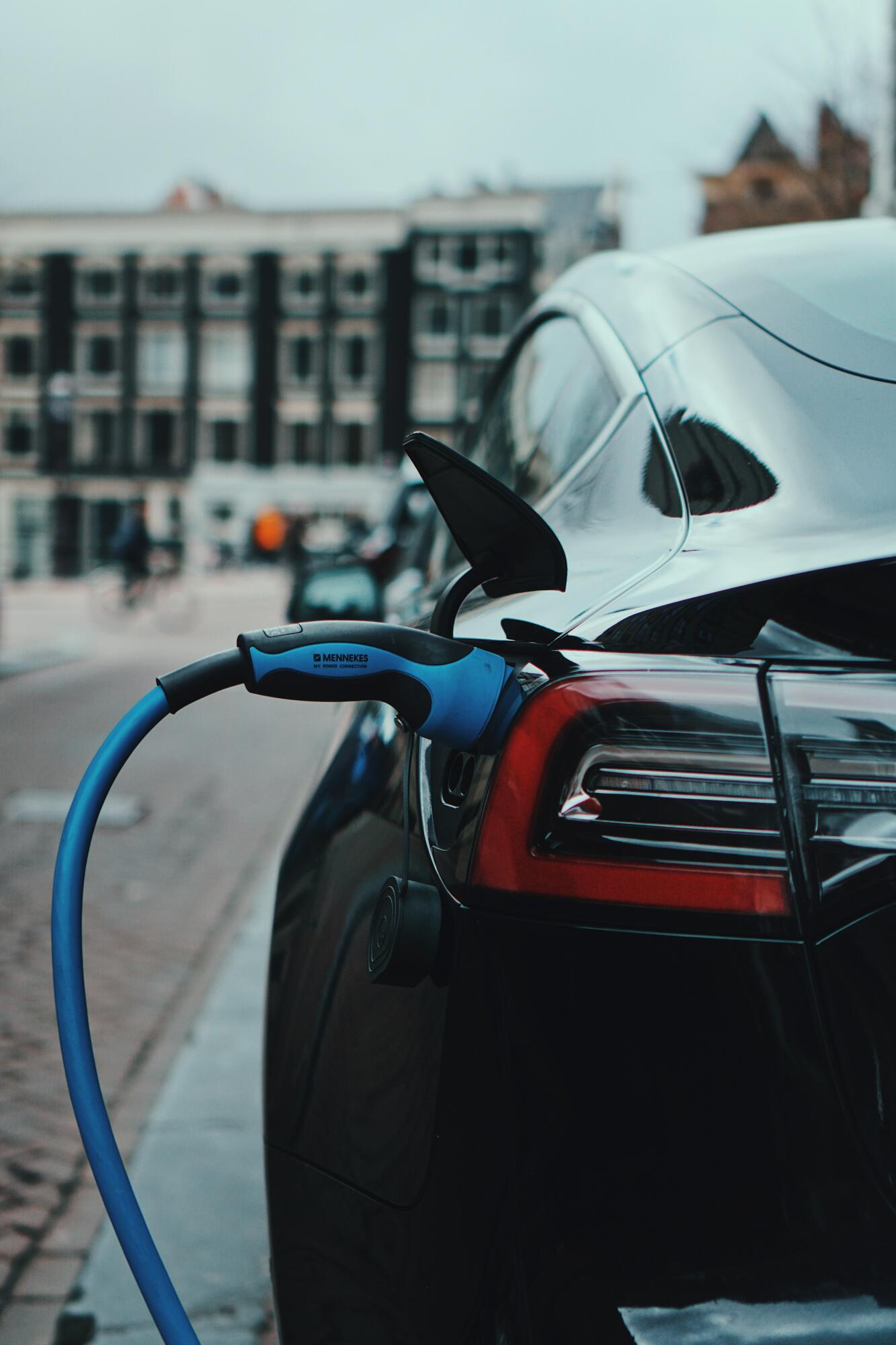The Platform for Electromobility's latest report confirms the inevitability of Electric vehicles transition
The Platform for Electromobility just released a ground-breaking report (add link once it comes out) on consumers' perception of the shift to electric vehicles (EVs). The study, conducted by Element Energy, reveals that EVs will be the most requested powertrain across Europe by 2025.
According to the new report, EVs are here to stay – and reign. Decarbonising passenger cars, representing around 12% of EU CO2 emissions, is vital for the European Union to achieve its emission reduction and decarbonization goals. In this context, Element Energy has conducted the most extensive quantitative survey of car buyers investigating EV uptake in Europe. With more than 14,000 participants across seven countries, the survey covers 80% of European new car registrations (EU + EFTA + UK) and shows that consumers are keen to ride the electric wave.
"The shift to electric vehicles is happening faster than industry and legislators expected. It is our common responsibility to ensure that everyone in Europe, wherever they live, can switch to electric vehicles as early as they want" said Amélie Pans, the new chair of the Platform for Electromobility.
Here are the main four takeaways from the report:
- The transition to electric mobility cannot be contained: The results demonstrate that there has been a substantial change in consumers' preferences, with more than two-thirds of participants revealing that they own, or have considered acquiring, an electric vehicle. Consumers are highly optimistic about EVs, and if the price is fitting, a considerable majority of new car buyers will pick an EV as their next car by the mid-2020s.
- Battery Electric Vehicles (BEV) are the favoured powertrain of consumers nowadays: The study forecasts demand for BEVs to grow over the next decade significantly, pushed by decreasing battery prices. While the level of uptake will vary from country to country, general consumer demand for BEVs, which was around 5% of total demand in 2020, is predicted to become more significant than any other powertrain by 2025.
- Buyers will not consider e-fuels as a convincing alternative to Battery Electric Vehicles (BEVs):The study shows that buyers will decline cars operating on e-fuels favor EVs, particularly BEVs. "Governments should focus investment towards achieving the near-term purchase price parity of mass-market electric vehicles," concluded Mrs. Pans.
- Even though public charging infrastructure does not currently restrict demand for BEVs, its deployment should keep up with sales: Today perceived access to charging does not greatly influence purchase decisions. However, if charge point deployment does not keep pace with EV uptake, the transition to electromobility could be undermined, with uptake limited to those with access to home charging, limiting its expansion and inclusivity.
Learn more by reading the report here.
